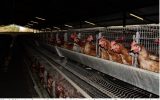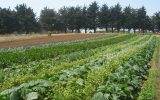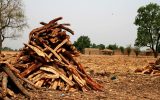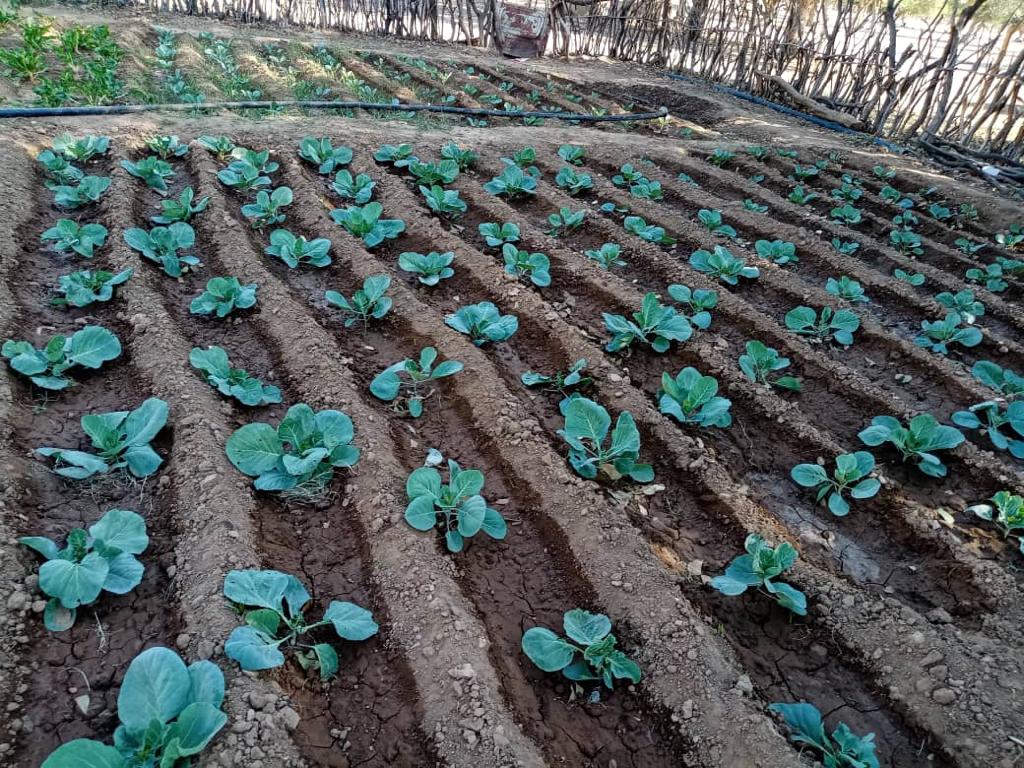FAO and its partners are providing support to vulnerable communities in Namibia to boost production, diversify and improve livelihoods
Source: FAO News
In 2015, Maddy Kakula and a group of nine other community members in Sesheke village grew frustrated with the lack of employment opportunities and the growing food insecurity and poverty situation in their community. With Maddy as their leader, the group resolved to establish the Mansanze Community Garden, a horticulture scheme that produces a variety of cash crops.
Located in the Kongola Constituency in Namibia’s far northeastern region of Zambezi, Sesheke is blessed with ample water supply, with the perennial Zambezi River flowing just a few meters from the village. The river serves as a reliable water source for hundreds of households that mainly rely on fishing and subsistence farming and supports gardening projects such as Mansanze.
Despite having an abundance of water at their disposal, Sesheke, and many other communities in Zambezi, have shown over the years to be very susceptible to various shocks. These include recurrent droughts, transboundary pests and diseases, and increasing climate variability. These factors hamper agricultural productivity and prevent projects like Mansanze from fully thriving, putting thousands of lives and livelihoods at risk of hunger and poverty.
The four-hectare Mansanze garden has the potential to sustain the livelihoods of the five men and five women involved in the project, but due to various shocks affecting production, profits have been dwindling. Maddy explains, “We established this garden to uplift ourselves and our community, especially the most vulnerable residents, from poverty and food insecurity. However, it has been an uphill battle as we often have to divert our profits toward expenses for safeguarding the garden from threats such as pests.”
Maddy says the garden has also been suffering from the effects of climate change, especially the high increase in temperature, which reduces crop yields and quality. “The heat has become unbearable for most of the crops that we grow in the garden and has made them more vulnerable to pests and diseases,” he says.
This challenge is compounded by the recent outbreak of red locusts that terrorized Zambezi region between 2020 and 2021. The locusts left many households increasingly vulnerable to food insecurity and under nutrition as they ravaged through huge amounts of crop fields and grazing land.
Building resilience
Through the FAO project titled “Emergency response and resilience building to improve livelihoods, food security, and nutrition in locust-affected regions of Namibia,” which is funded by the Government of Japan, community projects such as Mansanze received support in the form of agro-inputs, gardening tools and implements. This support aims to build resilience at both the household and regional levels and address post-disaster needs in regions most heavily affected by locusts and climate induced shocks.
“The project mainly aims to support interventions meant to strengthen local and national capacities to enhance livelihood and dietary diversification while ensuring sustainable and resilient food production systems,” says Gift Kamupingene, FAO National Project Coordinator.
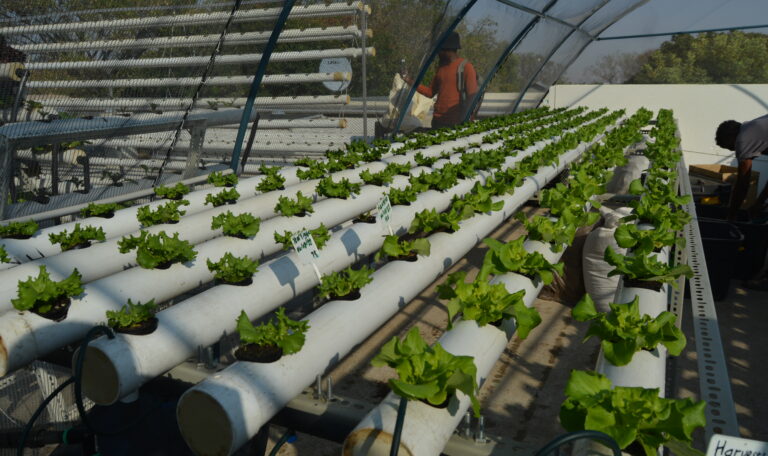
Through a synergistic partnership with the Japan International Cooperation Agency and the Ministry of Agriculture, Water and Land Reform (MAWLR) as the lead executing partner, the FAO project is targeting 2 640 beneficiaries in Zambezi, Kavango West, Ohangwena, and //Karas regions.
An answered prayer
Maddy could not contain his excitement when officials from FAO and MAWLR jointly delivered an assortment of agricultural inputs and implements, including seeds, fencing equipment, and drip irrigation pipes. Maddy described the assistance as “an answered prayer,” adding, “The seeds, tools, and technical support will undoubtedly make a difference in our lives.”
With support from FAO and its partners, members of the Mansanze Community Garden can now comfortably work to feed their households and the most vulnerable in their community. A majority of the members are parents who rely on the garden’s profits to send their children to school and buy other household necessities.
Highlighting the significance of the support, Linus Lutuhezi, an MAWLR Senior Agriculture Technician based in the Zambezi region, highlighted the significance of the project in the lives of the beneficiaries: “This support is crucial as it allows farmers to significantly expand their production, greatly enhancing their livelihoods. We deeply appreciate the efforts of FAO and the Government of Japan in complementing the initiatives of the Namibian government to strengthen resilience and combat hunger and poverty.”





